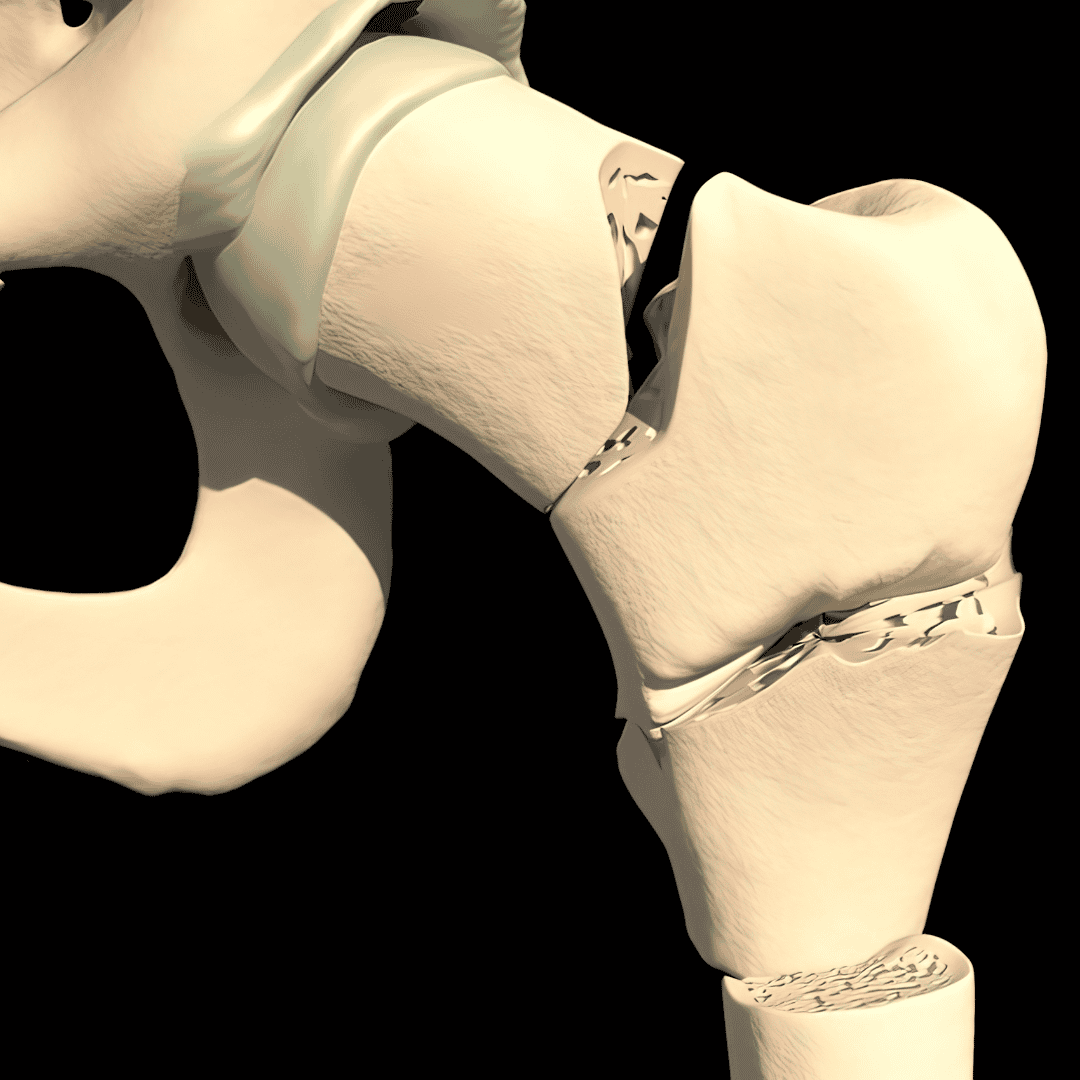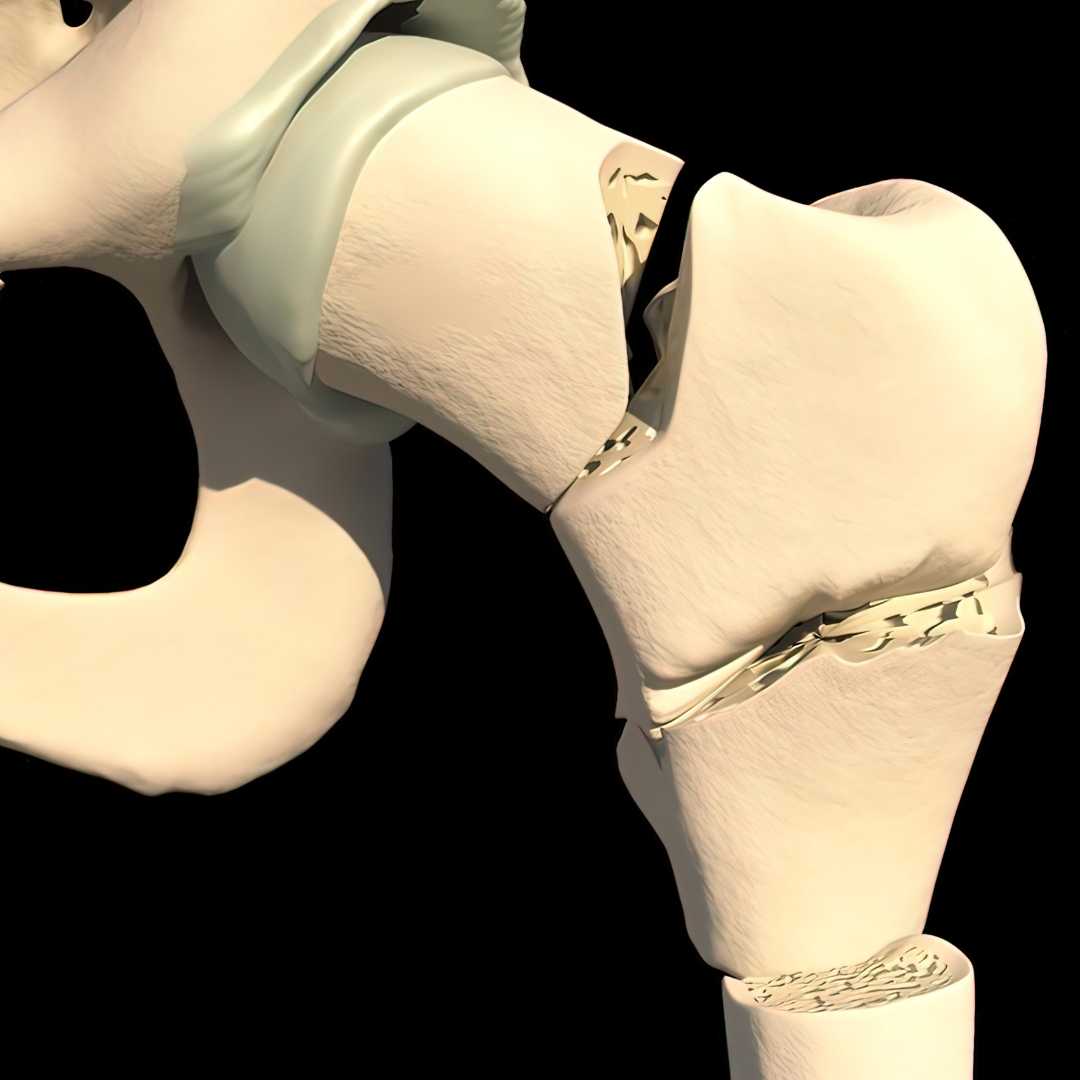
Unicompartmental / Partial knee replacement - robotic-assisted
Precision Knee Surgery in India: Robotic-Assisted Option
Robotic-assisted Unicompartmental or Partial Knee Replacement is an advanced surgical technique that combines traditional partial knee replacement with the precision of robotic technology. It involves replacing only the damaged portion of the knee, while the robotic system enhances the accuracy of the procedure, leading to improved outcomes. This approach is typically used for patients with osteoarthritis localized to one compartment of the knee.
Key Points:
- **Procedure**: In robotic-assisted partial knee replacement, the surgeon uses a robotic arm or a robotic navigation system to guide the removal of damaged bone and cartilage and the placement of the prosthetic implant. The robot allows for precise planning of the surgery based on a 3D model of the patient’s knee, created from preoperative imaging (CT scan or MRI). This ensures the implant is placed exactly where it needs to be, leading to better alignment and balance.
- **Indications**: This procedure is ideal for patients with osteoarthritis confined to one part of the knee (either the inner, outer, or kneecap area) and who have healthy ligaments. It is especially beneficial for patients who want a quicker recovery and more precise surgical outcomes.
- **Benefits**:
- **Greater Precision**: Robotic technology allows for highly accurate bone preparation and implant positioning, which can lead to improved joint function and increased longevity of the implant.
- **Customization**: The robotic system helps the surgeon tailor the surgery to each patient’s unique knee anatomy, ensuring a personalized fit.
- **Less Invasive**: As with traditional partial knee replacement, only the damaged portion of the knee is replaced, preserving healthy bone, cartilage, and ligaments.
- **Faster Recovery**: Patients generally experience less pain, a quicker recovery, and a shorter hospital stay compared to traditional total knee replacement.
- **Natural Knee Feel**: By maintaining more of the knee’s natural structure, ligaments, and cartilage, patients often report that the knee feels more natural and functional after surgery.
- **Recovery**: Recovery after robotic-assisted partial knee replacement is typically faster than after traditional total knee replacement. Patients may begin walking with minimal assistance within days of surgery. Full recovery, including returning to low-impact activities, usually takes 6-12 weeks. Physical therapy is crucial for restoring strength and mobility.
- **Outcomes**: The enhanced precision of robotic-assisted surgery often results in better long-term outcomes, including improved joint alignment, better implant fit, and increased longevity of the prosthesis. This can lead to better joint function and less likelihood of needing further surgeries in the future.
- **Risks**: While robotic-assisted surgery offers increased precision, the procedure still carries the risks of infection, blood clots, implant failure, or progression of arthritis in other parts of the knee. There is also a learning curve for surgeons, so outcomes may vary based on the surgeon's experience with the technology.
Robotic-assisted Unicompartmental Knee Replacement combines the benefits of partial knee replacement with the precision of robotics, leading to faster recovery, more accurate implant placement, and better overall outcomes. It is an excellent option for patients seeking a less invasive procedure to treat localized knee arthritis while preserving healthy joint tissue.
Dr. Darshan Angadi, Senior Consultant Orthopaedic Surgeon and Medical Director, will support you throughout every stage of your treatment and recovery after robotic-assisted partial knee replacement, ensuring the best possible outcome.





.png)


.png)
